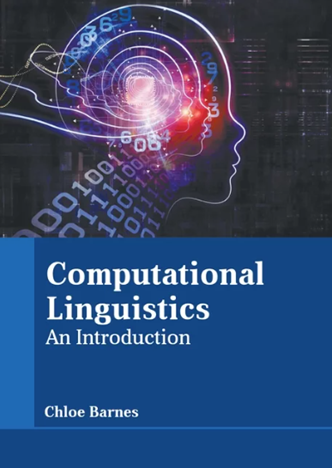最优性理论的通用生成是pspace完备的
IF 5.3
2区 计算机科学
引用次数: 0
摘要
本文证明了最优性理论(OT, Prince and Smolensky 1993, 2004)的普遍生成问题(Heinz, Kobele, and Riggle 2009)是pspace完备的。虽然先前的研究表明,普遍生成至少是NP-hard的(Eisner 1997, 2000b;Wareham 1998;Idsardi 2006)和最多EXPSPACE-hard (Riggle 2004),我们的结果将全称生成置于这两类之间,假设NP≠PSPACE。我们还表明,当约束的数量预先有界时,通用生成至少是NL-hard,最多是NPNP-hard。我们的证明依赖于OT与有限自动机的交非空问题之间的密切联系,一般情况下是PSPACE-complete (Kozen 1977),而当自动机的数量有界时是NL-complete (Jones 1975)。我们的分析表明,约束相互作用是OT复杂性的主要贡献者:将转换分解为简单的、相互作用的约束的能力允许OT提供复杂语音现象的紧凑描述。本文章由计算机程序翻译,如有差异,请以英文原文为准。
Universal Generation for Optimality Theory Is PSPACE-Complete
This paper shows that the universal generation problem (Heinz, Kobele, and Riggle 2009) for Optimality Theory (OT, Prince and Smolensky 1993, 2004) is PSPACE-complete. While prior work has shown that universal generation is at least NP-hard (Eisner 1997, 2000b; Wareham 1998; Idsardi 2006) and at most EXPSPACE-hard (Riggle 2004), our results place universal generation in between those two classes, assuming that NP ≠ PSPACE. We additionally show that when the number of constraints is bounded in advance, universal generation is at least NL-hard and at most NPNP-hard. Our proofs rely on a close connection between OT and the intersection non-emptiness problem for finite automata, which is PSPACE-complete in general (Kozen 1977) and NL-complete when the number of automata is bounded (Jones 1975). Our analysis shows that constraint interaction is the main contributor to the complexity of OT: the ability to factor transformations into simple, interacting constraints allows OT to furnish compact descriptions of intricate phonological phenomena.
求助全文
通过发布文献求助,成功后即可免费获取论文全文。
去求助
来源期刊

Computational Linguistics
Computer Science-Artificial Intelligence
自引率
0.00%
发文量
45
期刊介绍:
Computational Linguistics is the longest-running publication devoted exclusively to the computational and mathematical properties of language and the design and analysis of natural language processing systems. This highly regarded quarterly offers university and industry linguists, computational linguists, artificial intelligence and machine learning investigators, cognitive scientists, speech specialists, and philosophers the latest information about the computational aspects of all the facets of research on language.
 求助内容:
求助内容: 应助结果提醒方式:
应助结果提醒方式:


